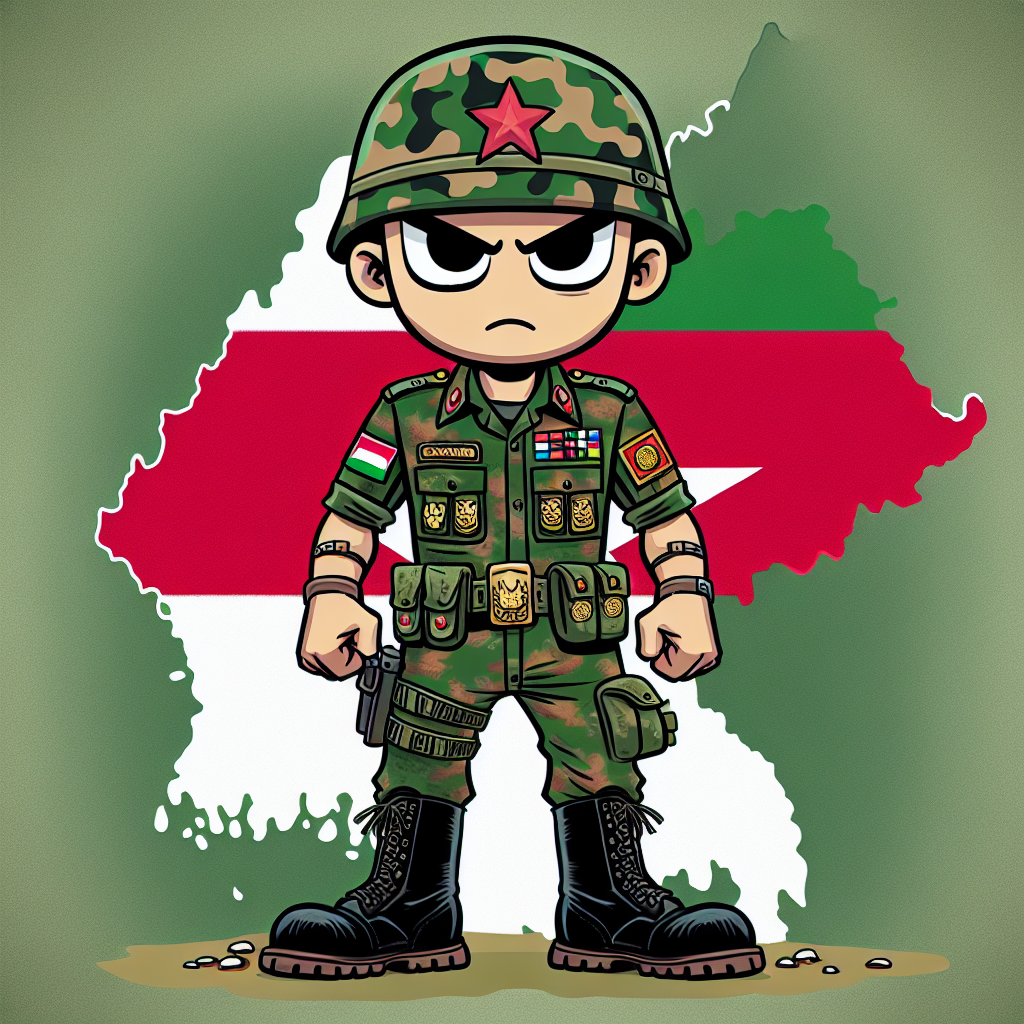Myanmar's Economic Struggles Deepen Amidst Conflict and Inflation
Poverty in Myanmar has surged to unprecedented levels, with economic growth forecasted at a mere 1% for the current fiscal year. Escalating violence, labor shortages, and a depreciating currency continue to challenge business operations, leading to a grim economic outlook, according to a World Bank report.

(Amends media slug to MYANMAR-ECONOMY/ from MYANMAR-ECONOMY/GROWTH; updates with details from report) June 12 (Reuters) -
Poverty in Myanmar is more widespread than at any time in the last six years and growth in the conflict-torn nation is likely to remain at a measly 1% in the current fiscal year with little respite in sight, the World Bank said on Wednesday. Escalating violence, labour shortages and a depreciating currency have made it harder to do business, the bank said in a report on the Southeast Asian nation that has been in political and economic turmoil since a 2021 military coup ended a decade of tentative democratic and economic reform.
In December, the World Bank had projected Myanmar's economy would grow by around 2% during the current fiscal year, after estimated GDP growth of 1% in the year that ended in March 2024. "The downward revision in projected growth for 2024/25 is largely due to the persistence of high inflation and constraints on access to labour, foreign exchange, and electricity, all of which are likely to have larger impacts on activity than was previously expected," the World Bank said in a report.
A junta spokesman did not respond to a call from Reuters seeking comment. The country's grinding civil war, where a collection of new armed groups and established ethnic armies are beating back the junta, has led to the displacement of over 3 million people and brought poverty rates to 32.1%, reverting to 2015 levels, according to the World Bank.
"The depth and severity of poverty has worsened in 2023-24, meaning that poverty is more entrenched than at any time in the last six years," it said. Faced with a widening armed resistance against its rule, Myanmar's junta earlier this year announced a conscription plan to replenish its depleted military manpower.
"The announcement of mandated conscription in February 2024 has intensified migration to rural areas and abroad, leading to increased reports of labour shortages in some industries," the World Bank said. The junta has also lost access to some key land borders with China and Thailand, leading to a sharp drop in overland trade.
"Excluding natural gas, exports through land borders declined by 44 percent," the World Bank said. "Imports via land borders declined by half, accounting for 71 percent of the decline in overall imports." Overall, merchandise exports fell by 13% and imports dropped by 20% in the six months to March 2024, compared to the same period a year earlier, according to the World Bank.
Ongoing currency volatility, which the junta has attempted to control with a slew of arrests
in recent weeks, and rapid inflation will put further pressure on households, it said. Meanwhile, industry will have to cope with electricity and foreign currency shortages, with energy production expected to decline further, according to the World Bank.
"The economic outlook remains very weak, implying little respite for Myanmar's households over the near to medium term," it said.
(This story has not been edited by Devdiscourse staff and is auto-generated from a syndicated feed.)
ALSO READ
Freezing Ukraine's conflict is a recipe for further war, EU's Von der Leyen
LGBTQ Ukrainian Servicemembers Demand Rights Amid Conflict
India continues to believe that peaceful resolution to Ukraine conflict requires sincere, practical engagement between the two parties: MEA.
India to remain engaged with all stakeholders, both parties to contribute to efforts for bringing abiding peace: MEA on Ukraine conflict.
'Miscalculation' could lead to wider Hezbollah-Israel conflict, say UN officials










